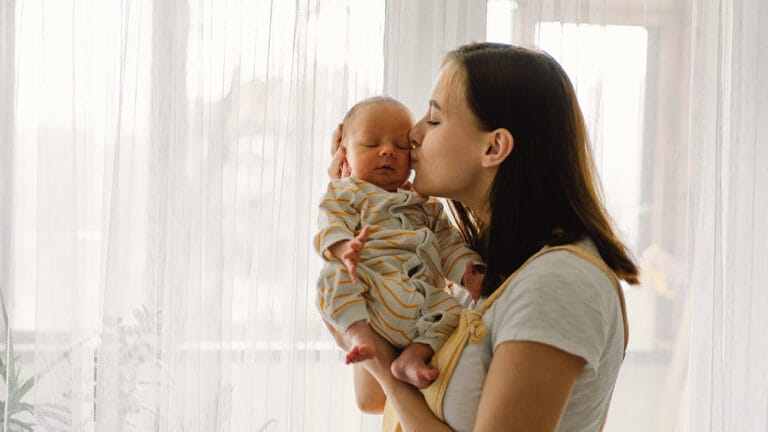RSV (respiratory syncytial virus) has been featured as we are seeing an earlier surge in cases compared to normal after having relatively low numbers last year.
RSV can cause respiratory illnesses (cough, congestion, fevers) in people of all ages. In our pediatric office, the most common presentation of RSV is bronchiolitis. Bronchiolitis is when there is an infection in a lower part of the lungs called the bronchioles. During bronchiolitis, these bronchioles become full of mucus, making it harder for infants and young children to breathe.
Bronchiolitis typically occurs in patients under 3 years old. RSV is the most common cause of lower respiratory infections in children less than 1-year-old. These kiddos can present with a variety of symptoms including copious nasal drainage, vomiting after feeds due to the mucus, significant cough, congestion that is felt in the chest, fevers, and difficulty breathing. As bronchiolitis is caused by viral infections, antibiotics are not useful in treating it. It is most important to ensure that babies are feeding well, not struggling to breathe, and have normal oxygen numbers. For babies under 3 months old, a fever (temperature over 100.4F) needs urgent evaluation. If needed, we may perform a suction in clinic to help babies manage their secretions.
Interested in understanding more about RSV?
In this virtual presentation, Dr. Alfeche from the West Jordan office of Families First Pediatrics joins Lone Peak Hospital to discuss RSV. Learn more about symptoms, treatments, and how RSV affects young babies and children.







